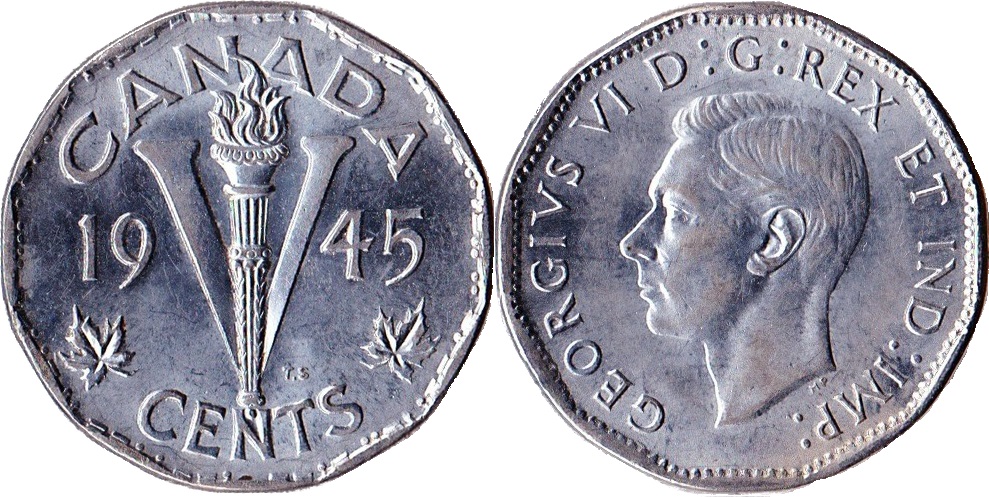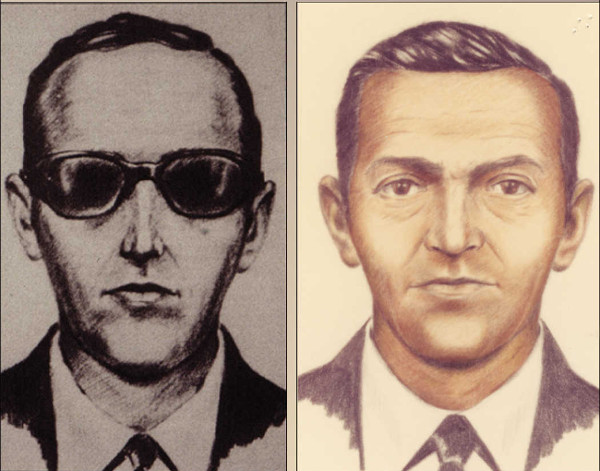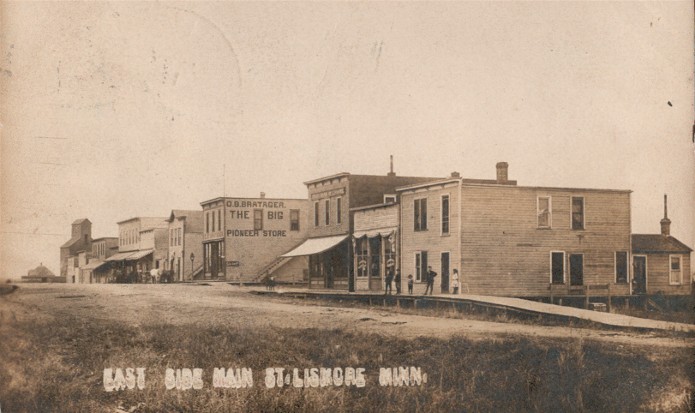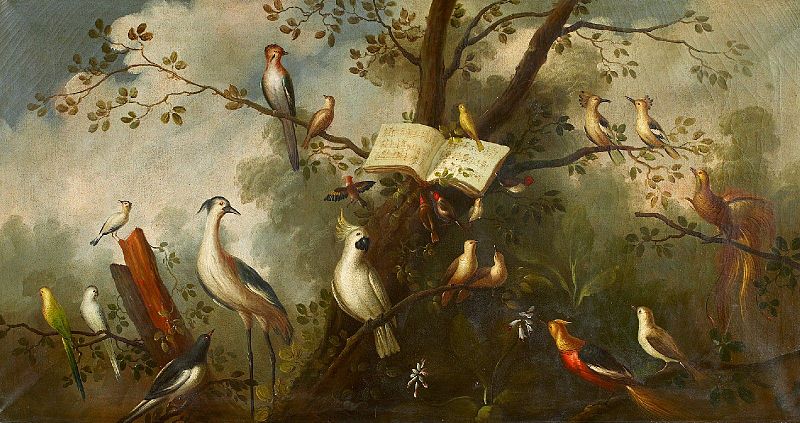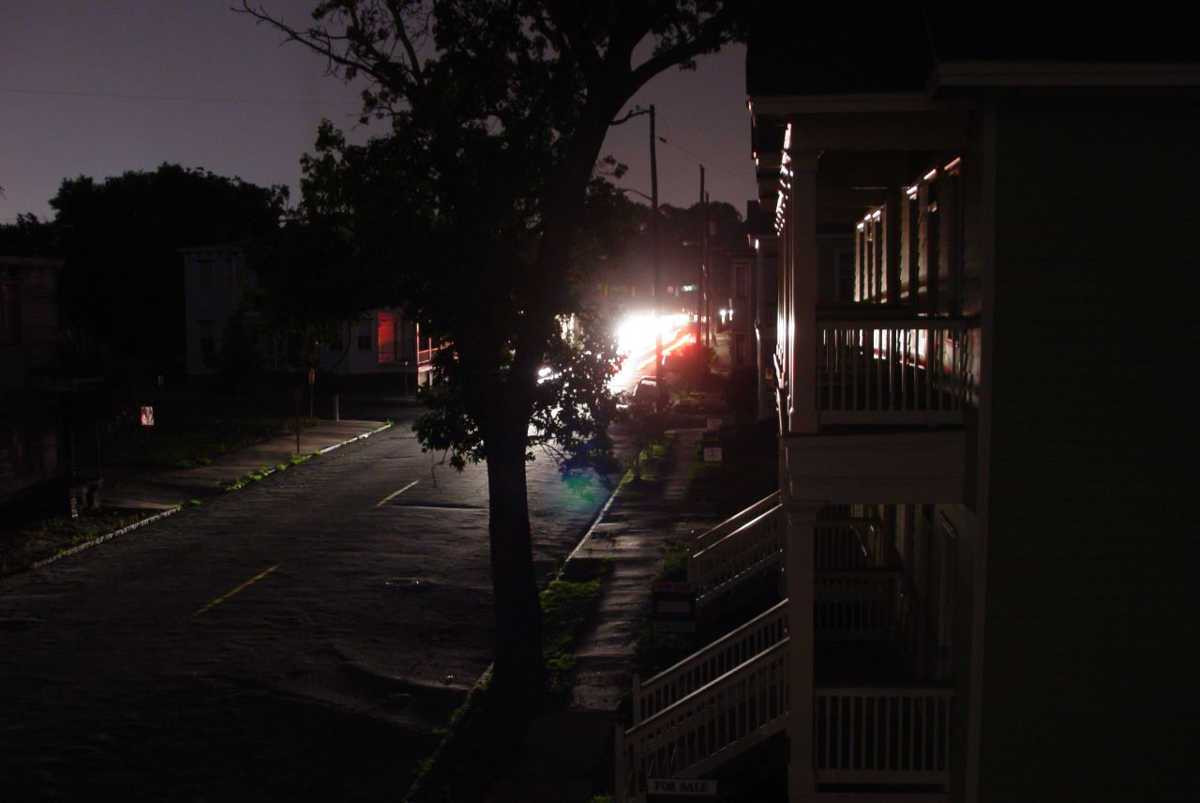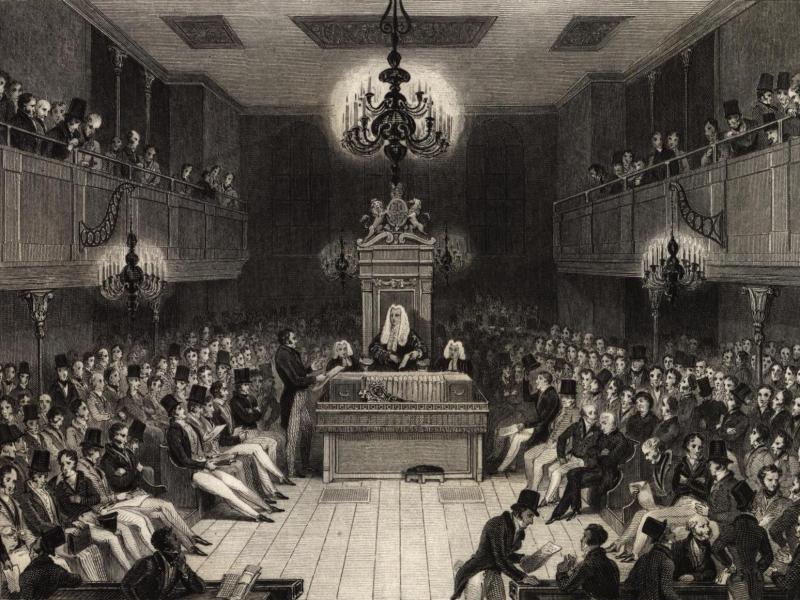
New York radio station WQXR used to inflict this pronunciation test on prospective announcers — try reading it aloud:
The old man with the flaccid face and dour expression grimaced when asked if he were conversant with zoology, mineralogy, or the culinary arts. ‘Not to be secretive,’ he said, ‘I may tell you that I’d given precedence to the study of genealogy. But since my father’s demise, it has been my vagary to remain incognito because of an inexplicable, lamentable, and irreparable family schism. It resulted from a heinous crime, committed at our domicile by an impious scoundrel. To err is human … but this affair was so grievous that only my inherent acumen and consummate tact saved me.’
It’s a minefield. In Another Almanac of Words at Play, Willard R. Espy lists the pronunciations that were considered correct:
flaccid FLACK-sid inexplicable in-EX-plic-able dour DOO-er lamentable LAM-entable grimaced gri-MACED irreparable ear-REP-arable conversant KON-ver-sant schism SIZ-m zoology zoh-OL-o-ji heinous HAY-nus mineralogy miner-AL-o-ji domicile DOMM-i-sil culinary KEW-li-ner-y impious IM-pee-yus secretive see-KEE-tiv err ur precedence pre-SEED-ens grievous GREEV-us genealogy jan-e-AL-o-ji inherent in-HERE-ent demise de-MIZE acumen a-KEW-men vagary va-GAIR-y consummate (adj.) kon-SUMM-it incognito in-KOG-ni-toe
Getting 20 of the 25 “stumpers” right was considered excellent. But that was 40 years ago, and even at the time Espy found 21 dictionary listings that accepted different pronunciations. “So not to worry when you don’t sound like WQXR,” he wrote. “One man’s AB-do-men is another man’s ab-DOUGH-men.”

